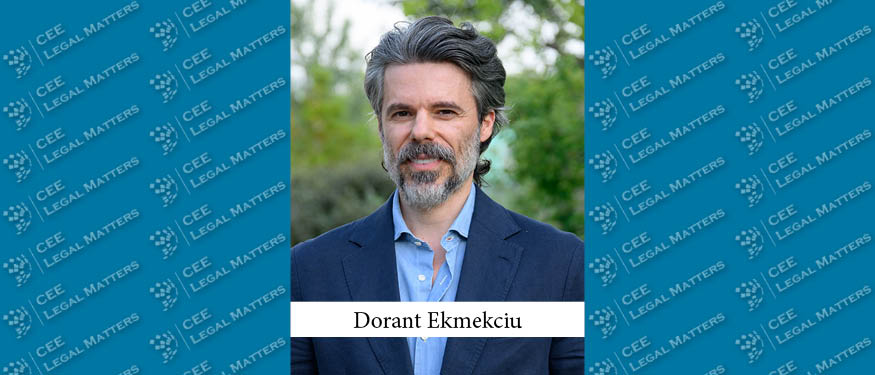Albania’s start to 2025 has been largely shaped by national elections, which have stalled most developments, according to Hoxha, Memi & Hoxha Partner Dorant Ekmekciu. The focus has been on key judicial appointments and ongoing discussions about the independence of the anti-corruption body.
“The start of 2025 has been relatively slow in Albania, largely due to the national elections held on May 11,” Ekmekciu reports. “As is often the case here, not only the government and executive branch but also key institutions and actors have been fully absorbed in the electoral process. The elections have effectively shifted focus away from most other matters, and the results are still being analyzed and finalized.”
For the legal sector specifically, Ekmekciu notes, “much of the attention has been directed toward the selection of candidates for two critical positions – the head of the Special Structure against Corruption and Organized Crime (widely known as SPAK in Albania), which handles organized crime and corruption cases, and the Chief Justice of the Albanian Constitutional Court. Beyond these developments, there hasn’t been significant progress in other areas over the past two to three months.”
“There are also circulating rumors – though nothing is official yet – suggesting that the incoming government, expected to be a continuation of the current one under the same Prime Minister, may attempt to place a controlling body over SPAK,” Ekmekciu adds. “If this materializes, it would be a highly consequential move, especially considering the high-profile corruption cases currently underway. One of the most notable cases last year involved the Mayor of Tirana, marking the first time such a senior official was prosecuted and jailed while still in office. Any efforts to exert influence over SPAK would undoubtedly have serious implications for the fight against corruption at the highest levels.”
However, Ekmekciu stresses, “it’s important to note that the planned amendments are aimed to be in line with the framework of Albania’s EU integration agenda, meaning that international actors, particularly from the EU, will likely have a say if the government attempts to interfere with its independence.”
On the economic side, Ekmekciu highlights that foreign investment activity has remained slow. “That said, there are two notable real estate projects expected to move forward this year,” he says. “One involves a major development on the island of Sazan, reportedly linked to Jared Kushner – the son-in-law of the US President. The other is a hotel project (Grand Park Skyline) spearheaded by a well-known designer, Philipp Plein, also in the real estate sector. Outside of these, there has been little movement in other industries, with no significant new investments on the horizon for now.”
